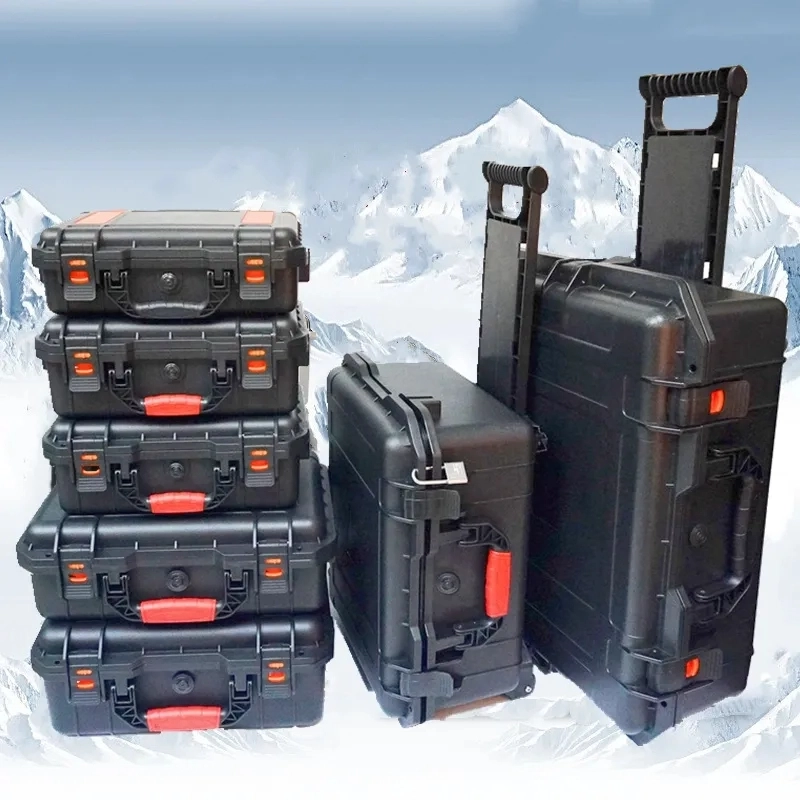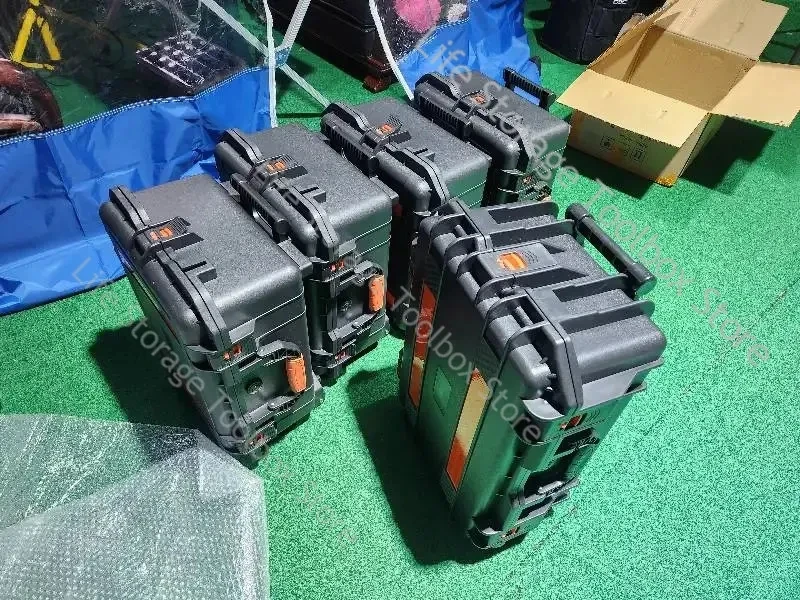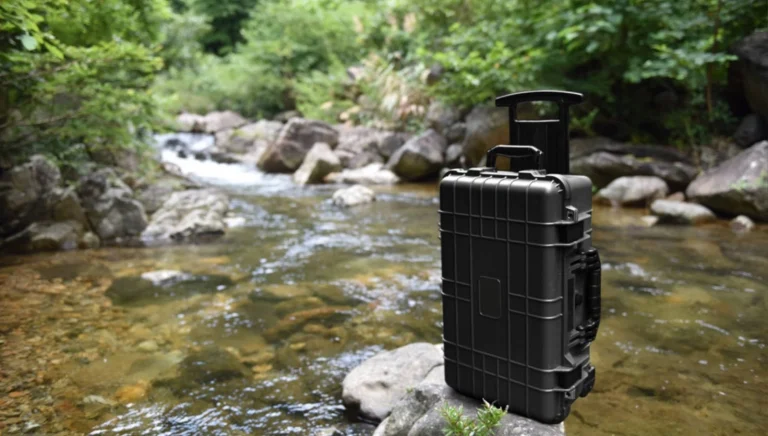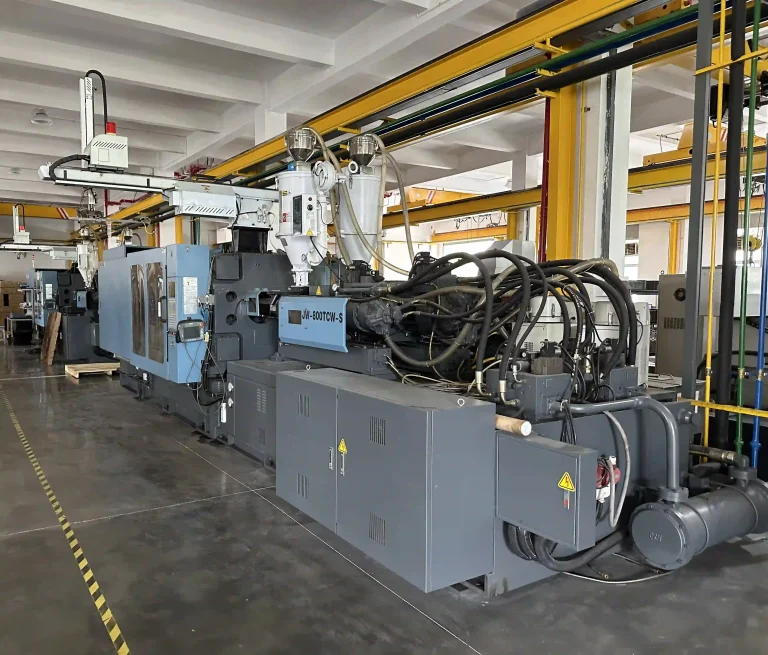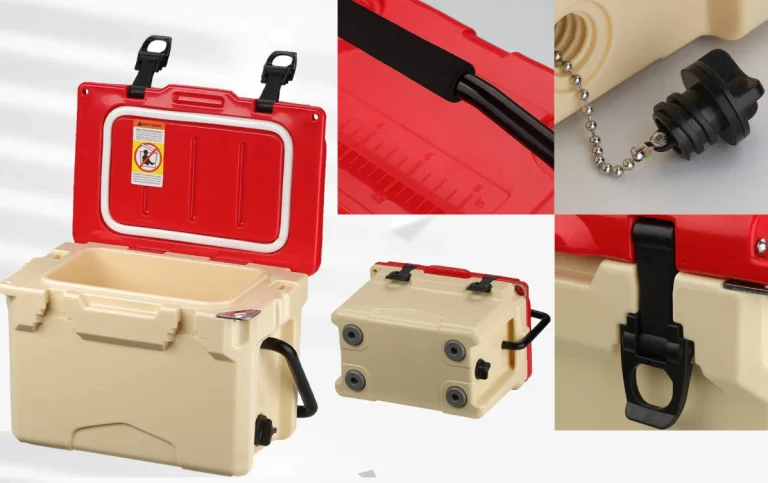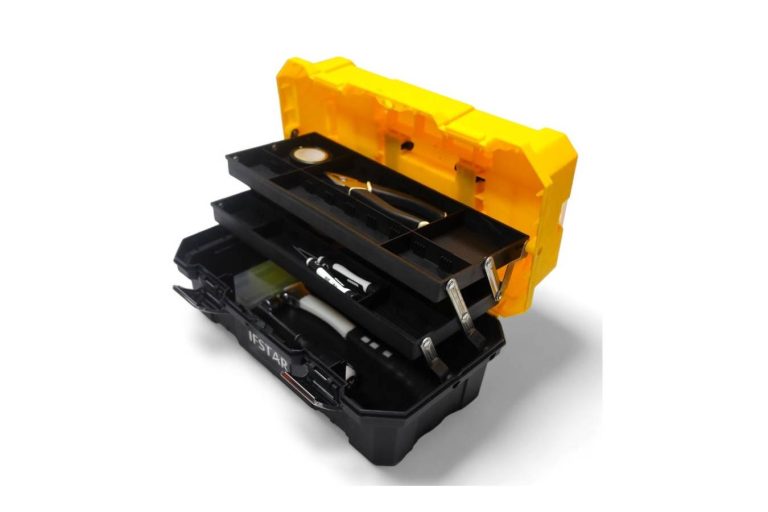Picking the right case for your valuable gear—whether for industrial, military, or personal use—makes a big difference. Plastic and metal cases are the top choices out there. Each has its own perks depending on what you need. You’ve got to weigh things like toughness, weight, weather resistance, cost, and cool features like foam inserts. This article breaks it all down to help you figure out which case gives you the best bang for your buck.
How to Pick the Right Case: Plastic or Metal?
Choosing between plastic and metal depends on your needs. Want something light and budget-friendly? Plastic cases with foam inserts might be your jam. Need hardcore protection for rough conditions? Metal cases could be the way to go. Knowing the pros and cons helps you make a smart pick.
How Tough Are Plastic and Metal Cases?
Handling Bumps and Pressure
Plastic cases are made with fancy techniques like blow molding, injection molding, rotomolding, and thermoforming or vacuum forming. We manufacture secure and protective custom hard plastic cases both domestically and with our offshore production facilities. These methods create super tough shells that soak up shocks like a champ.
Metal cases, made of aluminum or steel, are crazy rigid and strong. But they can dent if hit hard. Plastic tends to bend instead of caving in for good.
Dealing with Extreme Temps
Metal cases handle heat better since they conduct it easily. They won’t melt or warp in high temps, but they can get super hot or cold to the touch. Plastic cases are picked for staying stable in normal temp ranges. They might not hold up as well in blazing heat, though.
How Long They Last
Metal can rust over time unless it’s coated to fight it off. Hard plastic cases are frequently the best solution from a protective, cost-effective and secure way to procure products. They shrug off rust, chipped paint, or saltwater damage, making them last longer in tough spots.
Weight and How Easy They Are to Carry
How Material Changes Weight
Plastic is way lighter than metals like aluminum or steel. We specialize in high volume quality manufacturing — from small and large sizes to presentation and shipping cases. This makes plastic cases awesome for carrying around, especially if you’re always on the move.
Moving Gear in Different Situations
For folks like field techs, travelers, or photographers, plastic cases with foam inserts are a lifesaver. They’re easy to lug around. Metal cases are heavier and might need carts for transport. But they’re rock-solid for shipping heavy stuff.
Protection Power: Foam Inserts and Inner Support
Custom Foam in Plastic Cases
Plastic cases shine with custom foam insides that hug your gear tight. Filled with pre-cut foam and easy to customize compartment for your equipment. Custom Foam Inserts give your valuable merchandise and precious instrumentation the protection and aesthetic presentation they deserve. These keep things from rattling around and add extra cushioning for your gear’s exact shape.
Support Inside Metal Cases
Metal cases give strong, rigid support, great for heavy tools or machine parts. But they don’t always come with custom interiors unless you add them later. Custom foam interiors can add the finishing touch — transforming your traditional aluminum cases into OEM Equipment and Instrument Cases. Adding foam to metal can cost more than the built-in options plastic cases offer.
Cost Breakdown: Plastic vs. Metal
Upfront Price Tags
Plastic cases usually cost less to buy than metal ones. Hard plastic cases are frequently the best solution from a protective, cost-effective and secure way to procure products. They mix affordability with enough toughness for most everyday needs.
Metal cases are pricier because of the materials and how they’re made. They’re worth it if you need max durability.
Long-Term Costs for Upkeep
Plastic doesn’t rust, so it needs less care over time. Low to high volume custom molded plastic cases can be swapped out cheaply if they get wrecked.
Metal cases need more TLC, like repainting scratches or replacing rusty bits. This can add up, even if they’re tough at the start.
Weather and Environmental Resistance
Fighting Off Rust
Plastic naturally resists rust without extra treatments. Never drastic, always fantastic — it’s that ole trusty, hard plastic. Metal needs coatings or anodizing to avoid rust, especially in salty places like near the ocean.
Handling Water, Dust, and Chemicals
Plastic cases are great at keeping out water and dust when they have gaskets. Plastic ammo box/Add sealing strip. These seals make them waterproof and protect against dust or chemicals, perfect for sensitive electronics or lab tools in all kinds of conditions.
Choosing plastic or metal comes down to what you care about most. Need tough protection or lightweight ease? Want to save cash upfront or over time? Need rigid support or custom foam insides? We support OEM and ODM support for plastic cases.
If you want a versatile option that balances performance, cost, and custom foam for your gear, we’re able to produce almost any kind of protective plastic case for your equipment. Check out Yifu’s plastic cases with foam inserts today. They’re designed just for you, using top-notch molding tech and expert customization, all delivered on time and within budget. No need to find another source for customizing your cases, we do it all…in house, on time and within your budget.
FAQ
Q: Can plastic cases handle heavy equipment as well as metal ones?
A: Yup, plastic cases can hold their own with heavy gear, especially high-quality ones made for industrial use. They’re not quite as rigid as metal, but they’re tough enough for most tools or machines. Metal cases might still be better for super heavy-duty stuff that needs extra solid support.
Q: Are plastic or metal cases better for outdoor adventures like camping or fieldwork?
A: Plastic cases are usually the winner for outdoor gigs. They’re lighter to carry on hikes or fieldwork and don’t rust in wet or muddy conditions. Metal cases are sturdy but can be a pain to lug around and might need extra coatings for rainy or humid spots.
Q: How do I know if a case is certified for specific industries, like military or medical?
A: Check for certifications like MIL-STD-810 for military gear or IP ratings (like IP67) for water and dust protection. Both plastic and metal cases can meet these standards, but you’ll need to confirm with the manufacturer. Plastic cases often have an edge for medical use since they’re easier to clean.

